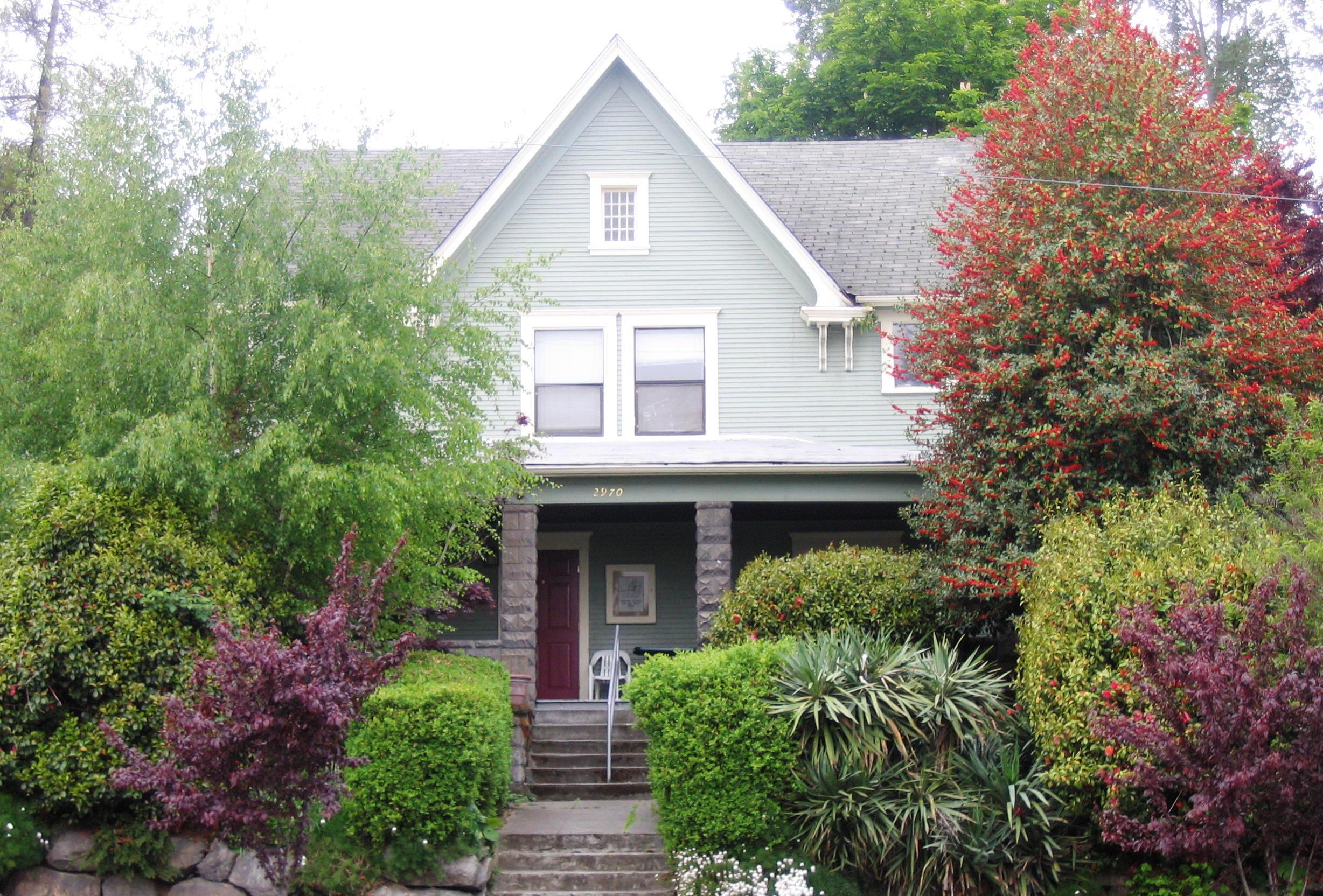Since 1976, Transitional Resources has provided a pathway to recovery for low-income people living with mental illness.
Who We Are
Transitional Resources is a licensed behavioral health center and assisted living facility located in the West Seattle neighborhood of Seattle, Washington. We have been in operation and have been serving King County since 1976.
We serve low-income adults in King County who are living with serious mental illness, including schizophrenia, bipolar disorder, and major depressive disorder. We offer a full spectrum of optimistic and respectful mental health services and supportive housing services to our clients.
With your support, our clients prove again and again that people with mental illness can succeed in their communities.

What Makes TR Successful?
Treatment in the community is not only more humane, it is also significantly more cost effective than treating mental illness in jails, emergency rooms, or state hospitals.
We prioritize keeping the caseload size at TR significantly lower than the industry standard. This allows our case managers to serve people the most serious forms of mental illness by providing treatment that is tailored directly to their specific needs. The face-to-face, personalized care our clients receive is critical to their success. Because of this, TR produces some of the best outcomes in King County.
%
of our clients remained in safe and stable housing last year. (2023)
%
of our outpatient clients remained housed and avoided hospitalization and incarceration despite long prior histories of institutionalization.
%
of the clients we serve are BIPOC, who are disproportionately more likely to find themselves living houseless.
How can you help?
Your donations play a key role in helping us provide critical support to our clients, keeping them off the streets, in stable housing, and enrolled in the behavioral health treatment they need.
Our Leadership
Board of Directors
Transitional Resources is governed by a Board of Directors, comprised of the following members:
2024 OFFICERS & BOARD MEMBERS
PRESIDENT
Miriam Chilton, MPA
VICE PRESIDENT
Stephen Mitchell, MNPL, BSN
SECRETARY
Ken Bailey
TREASURER
Rachel Mokry, MA
DIRECTORS
Ann Davison, JD
Cathlyn Fraguela Rios, LICSW
Carey Lefkowitz
Debra Weissman, MSCS, MBA, MA
Mike Nielsen, MSW
Per-Olaf Swanson, MPA
Rachel S. Fenimore, MSN, ARNP
Robert Leversee, MD, EAMP, LMHC
Sara Mathews
Steve Dresang, MD
